No food or food group can prevent cancer and eliminating specific foods won’t eliminate your risk. But eating a diet based on plant foods like vegetables, whole grains, beans and fruit and following some basic guidelines can help you reduce your risk for cancer and several other chronic diseases.
Eat a plant-based diet
Eating a plant-based diet can give your body the fiber, vitamins, minerals and antioxidants it needs to stay healthy.
Eating plant-based does not mean you can’t eat meat, fish or animal products like cheese and eggs. It means at least two-thirds of what you eat is plants: vegetables, whole grains and beans. Fruit, nuts and seeds are included. So are plant-based proteins like tofu.
Not all plant-based foods are healthy. Highly refined and packaged foods like crackers have had much of their fiber and nutrients stripped away, and they can be high in salt, sugar and fat. Limit refined foods like regular pasta, white bread and white rice. Choose whole-grain items like whole-wheat bread and brown rice more often.
The benefits of eating mostly plants are not limited to reducing your cancer risk. A plant-based diet also has been shown to reduce your risk for heart disease, stroke, diabetes and some mental health illnesses.
Limit red meat
Research shows that eating too much red meat can increase your risk of colorectal cancer. Adult men and women should eat no more than 18 ounces of cooked red meat a week. Less is better. Red meat is any meat from a mammal. That includes beef, pork, veal, mutton and lamb.
Eating red meat, in modest amounts provides valuable nutrients, including protein, iron, zinc and vitamin B12. But keep in mind, you can get these nutrients from other foods such as fish, poultry, eggs, nuts, seeds and a healthy plant-based diet.
A serving size of red meat is about 3 ounces, or the size of a deck of cards. It’s best to eat it only occasionally, as part of a plant-based diet.
Limit processed meat
For cancer prevention, it's best not to eat processed meat. Processed meats are considered carcinogens and there is strong evidence that eating them increases your risk of colorectal cancer.
Any meat that has been preserved by smoking, curing or salting is processed. And meats with added chemical preservatives are also processed. Some processed meats include ham, sausage, hot dogs, pepperoni, beef jerky and deli meats, including roast beef and turkey.
Limit alcohol
For cancer prevention, it’s best not to drink alcohol. Drinking any amount of alcohol increases the risk for several cancers, including breast cancer, colorectal cancer, esophageal cancer, liver cancer, oral cancer, pharynx and larynx cancers and stomach cancer.
While no alcohol is best, women who choose to drink anyway should have no more than one drink a day, and men no more than two drinks a day.

